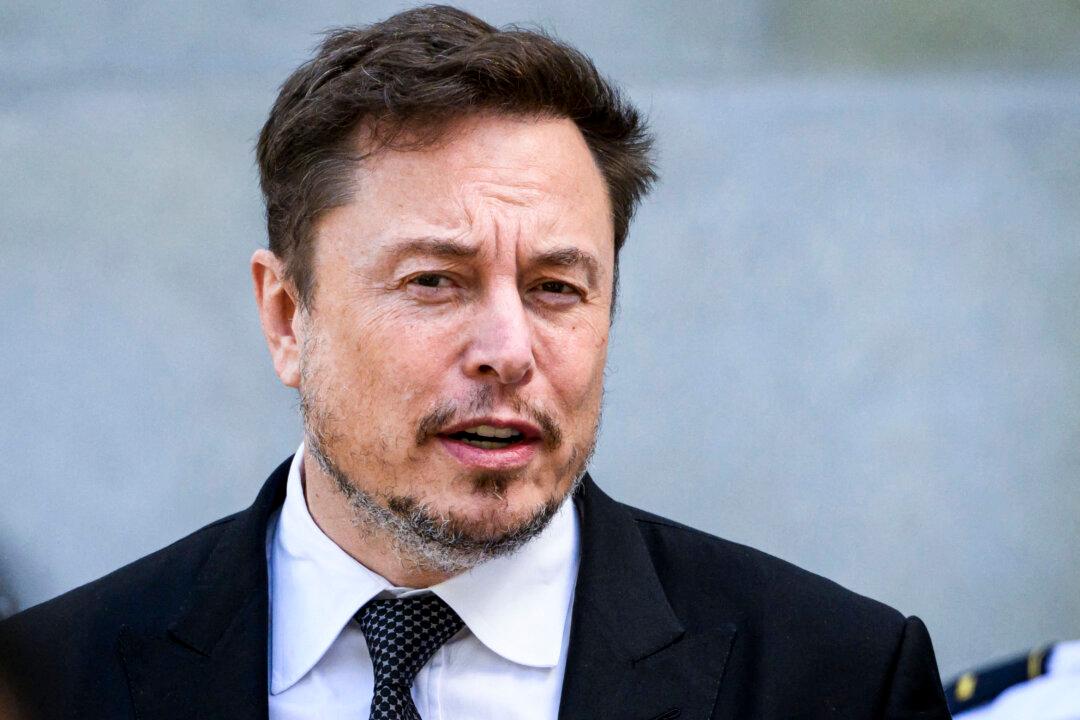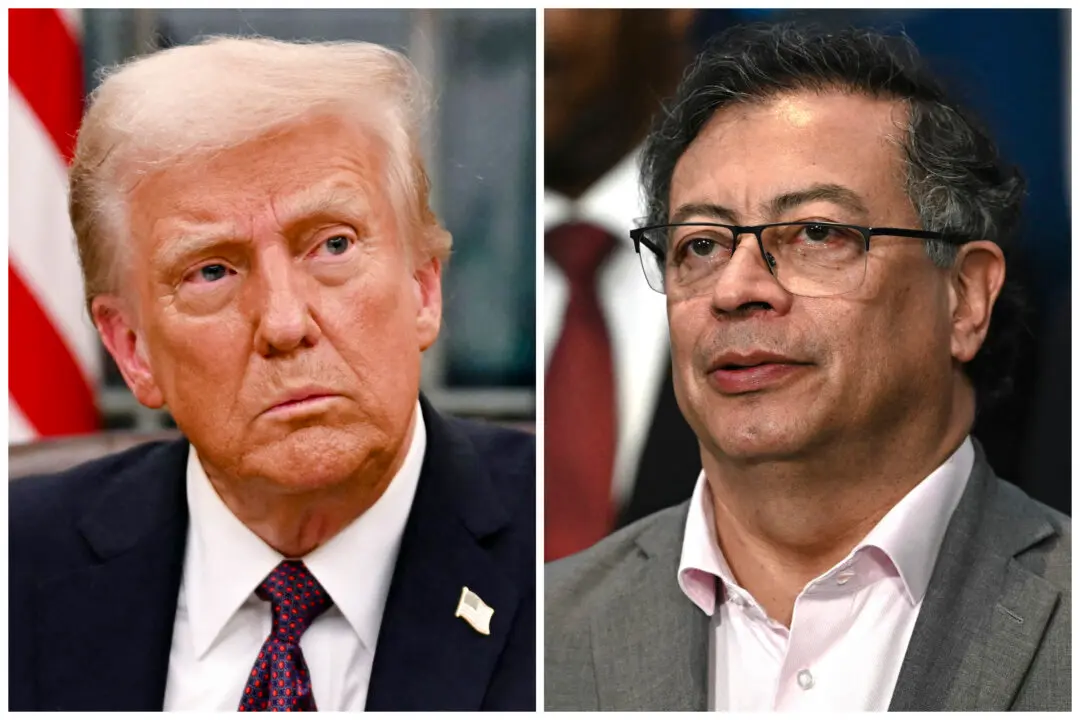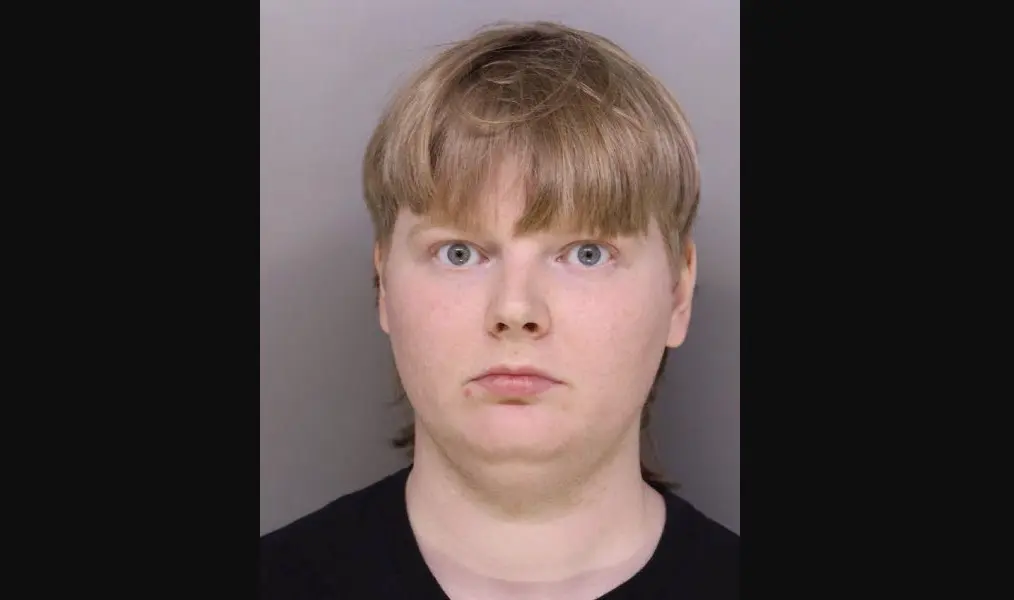Owner of X Corp. Elon Musk said on the platform on April 6 that the company had decided to lift all restrictions on Brazilian accounts targeted by an order from the nation’s Supreme Court.
“We are lifting all restrictions. This judge has applied massive fines, threatened to arrest our employees and cut off access to X in Brazil. As a result, we will probably lose all revenue in Brazil and have to shut down our office there. But principles matter more than profit,” Mr. Musk wrote, explaining X’s decision.





